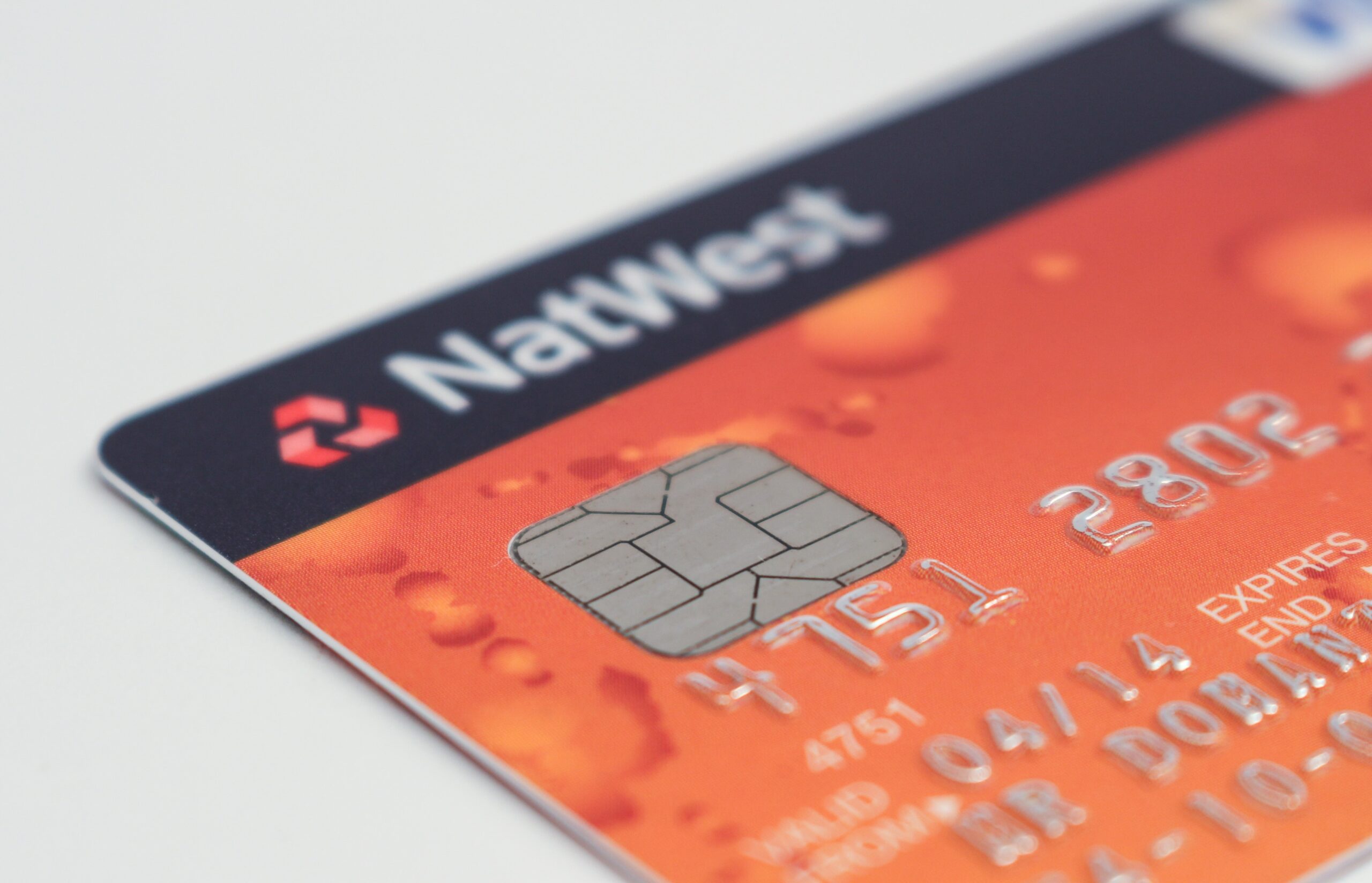The thing I feared most when I was going through my debt nightmare was being taken to court. In reality, a County Court Judgement (CCJ) occurs in a different way. At the time, I didn’t have the financial literacy or knowledge of how to become debt-free. All I had for reference instead were my nightmares.
I know a lot of people are in a similar position – scared out of their minds at the prospect of legal action being taken against them. This blog post will explain what a county court judgement is, how it’s enforced and what you can do about it.
County Court Judgement Explained
A CCJ or a County Court Summons is a type of court order in England or Wales. It is issued to a person if they have failed to repay their debts. A CCJ occurs after a number of communications have been made by the creditor.
Before they can even consider court action, they send a Letter of Claim. It’s important for you not to panic and to reply to the letter of claim within the 30 days.
It’s vital that when you receive the letter, you seek free debt advice. It’s also vital that you respond, as failing to do so will mean that any special circumstances that may have led you to be in debt won’t be taken into account.
Furthermore, the judgement may still be made against you without your response.
The CCJ Process
After your creditor confirms that court action will proceed, you will be sent a Claim Pack the post. The pack contains 4 forms which are: a Claim form, Response pack, Admission, Defence and counterclaim. You will have 14 days to reply to the claim form and it’s important that you don’t ignore it.
When you respond, you have the option to Pay amount straight away, to Pay in instalments, Dispute the claim or to Claim against the creditor.
If you Ignore the CCJ
Ignoring a CCJ can have terrible consequences. There are several actions that can be taken against you if that happens.
Firstly, a Warrant of Execution can be applied. This gives Bailiffs the power to attend your address and collect your possessions in order to pay debt you owe.
You may be able to apply to the court to make monthly affordable payments to stop it.
Attachment of Earnings – This when a creditor gets a court order to take money directly from your earnings.
Charging order – This means the creditor can apply to have the debt secured against your home.
With this, it means you must notify your creditor if you intend to sell your home and you must pay your creditor with any profits from the sale of your home.
The Consequences of a CCJ
A CCJ will stay on credit file for 6 years an it will adversely affect your ability to take out further credit.
Furthermore, your name will stay on the public register called a “register of judgements”. it’s removed if you pay debt within 30 days or prove the CCJ was issued in error. A court order can also be taken out against your name.
Conclusion
In summary, a CCJ is legal action taken against you if you fail to repay your debts. It’s important that you don’t ignore any court letters, as there can be serious consequences. Having the right financial literacy is what is going to help you tackle the matter.


